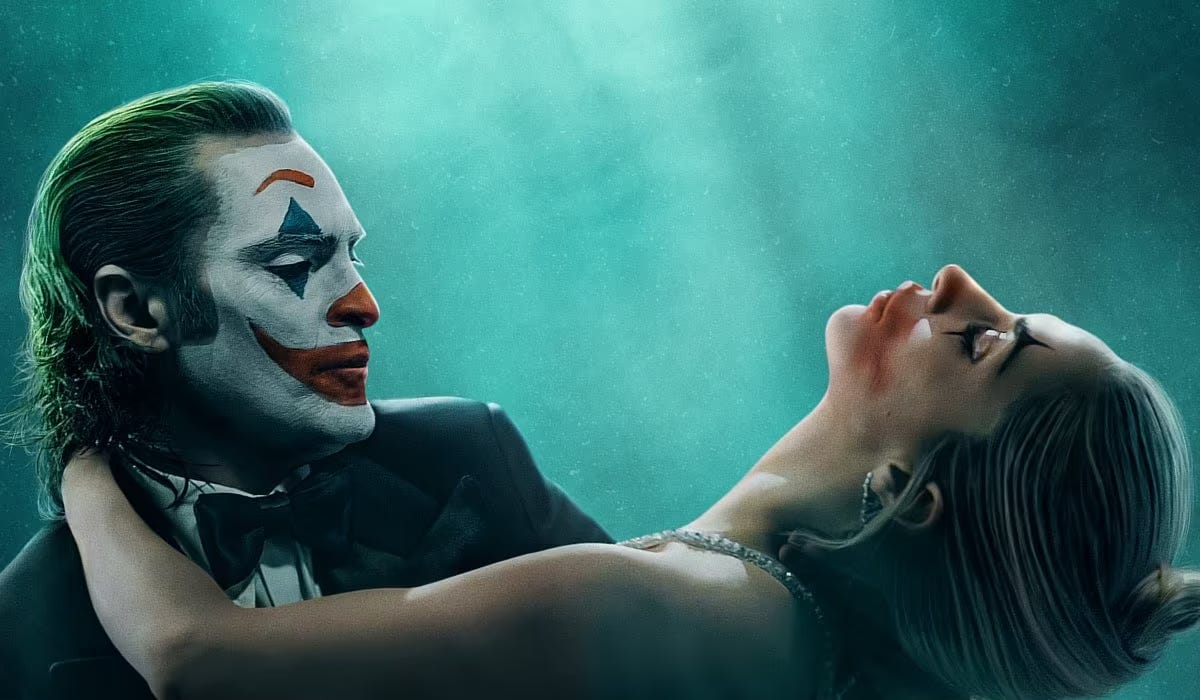Joker: Folie a Deux
2024 IMAX
The one 2024 film that I have looked forward to with tingling fervor has been Joker: Folie a Deux, the sequel to the excellent 2019 film that rightly won Joaquin Phoenix his Oscar. When she’s not in her Mother Monster popstar persona, I find Lady Gaga a very interesting performer. She can really sing when she has serious music, and her acting is unpredi…




